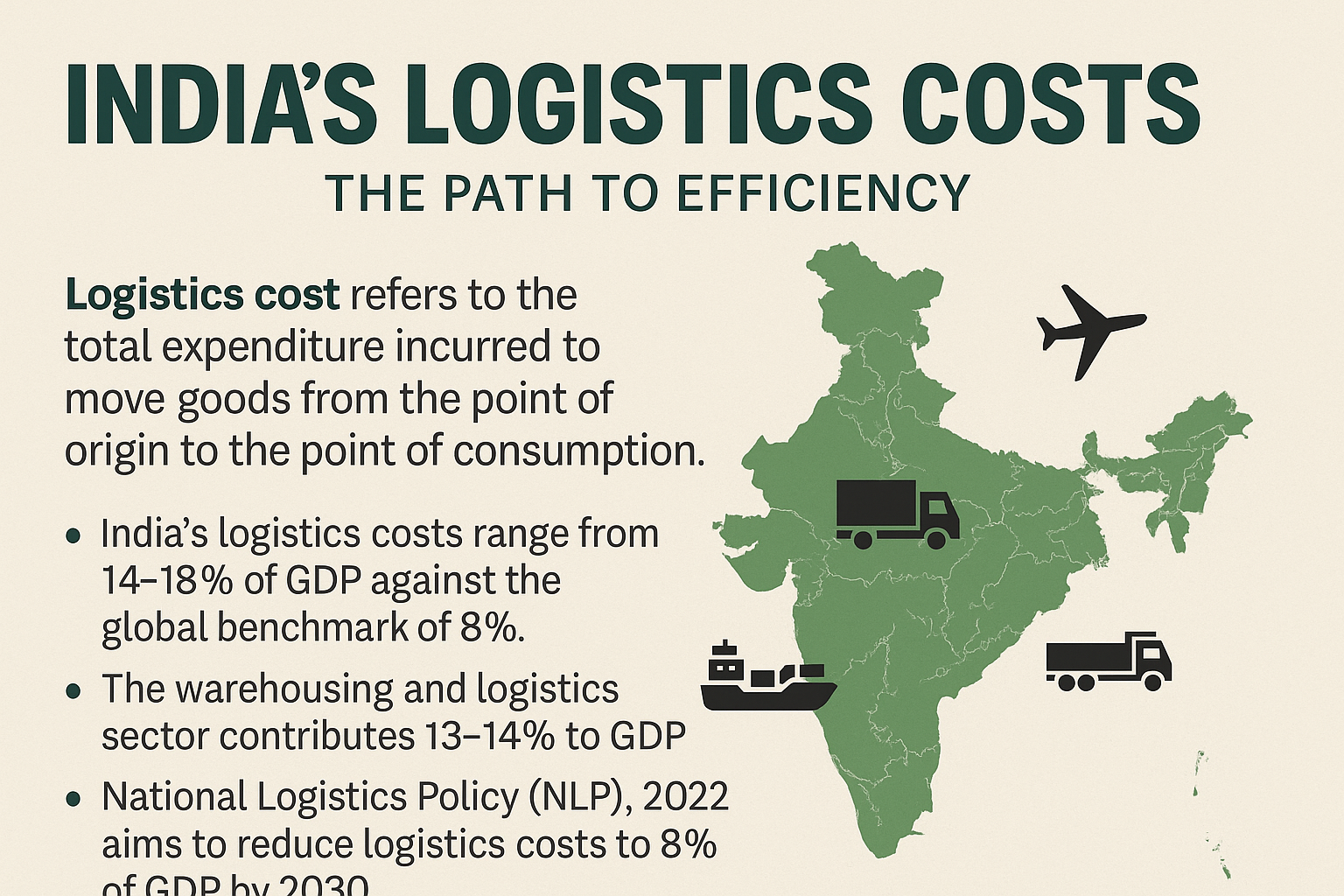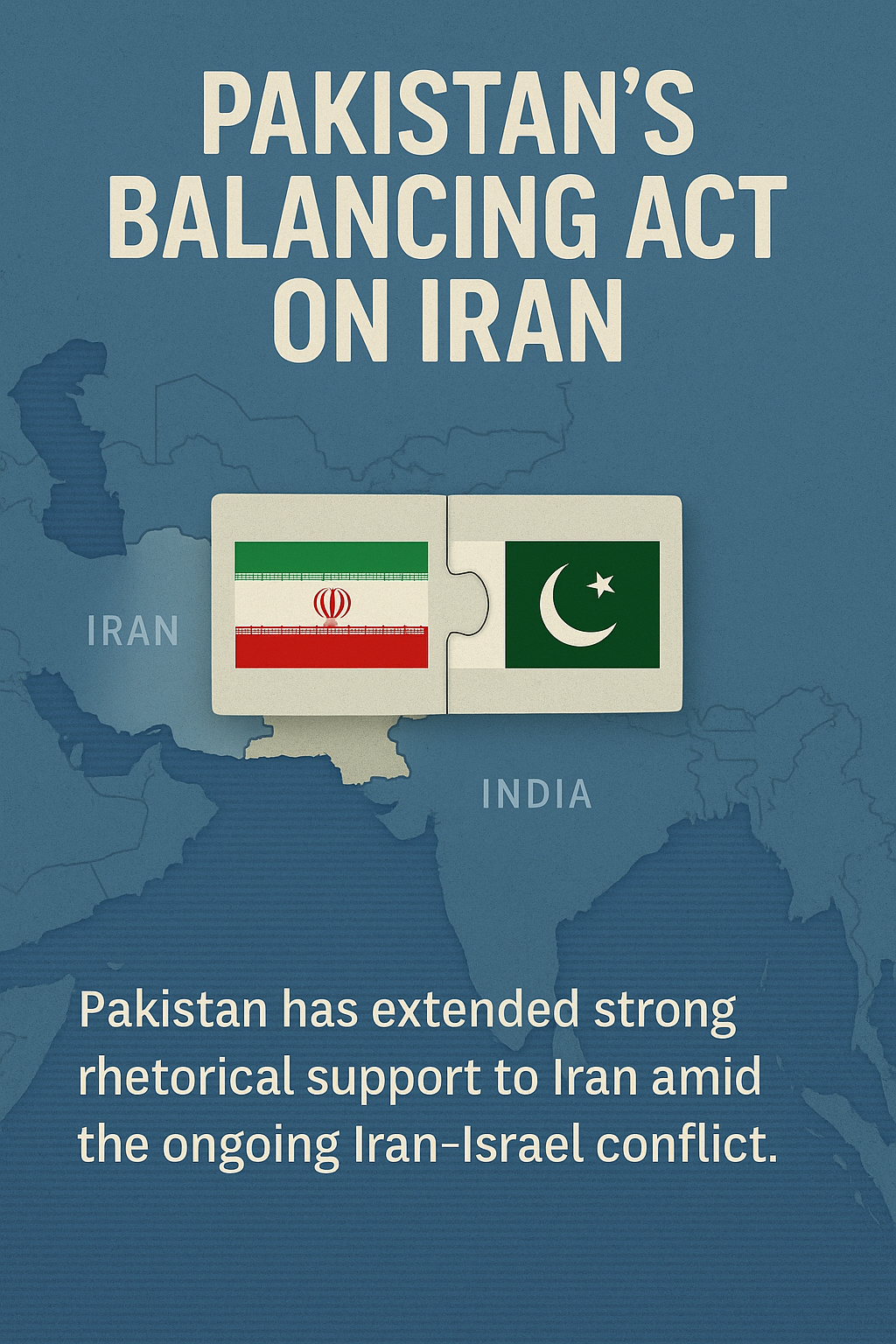003. National |Science
Meghalaya’s Shift from Rat-Hole to Scientific Coal Mining: A New Chapter Begins
Introduction
After nearly a decade-long ban on unscientific coal mining, the Indian central government has signed agreements with three local miners to begin scientific coal mining in West Khasi Hills and East Jaintia Hills districts of Meghalaya. This marks a pivotal transition from the controversial practice of rat-hole mining toward regulated, safer, and legal coal extraction.
What is Rat-Hole Mining?
Rat-hole mining is an unscientific and illegal method of coal extraction commonly practiced in Meghalaya. The name comes from the narrow, burrow-like tunnels miners dig — often less than two meters high — to access coal seams.
- Miners descend using ropes and bamboo ladders
- Poor ventilation and unstable tunnels make this process extremely dangerous
- Over the years, many lives have been lost due to collapses, flooding, and toxic gases
Two Types of Rat-Hole Mining:
- Side-Cutting: Tunnels are dug into hill slopes to reach coal seams
- Box-Cutting: A rectangular pit is dug vertically, followed by horizontal tunnels
Why Did Rat-Hole Mining Persist?
Several factors fueled the continuation of this hazardous practice:
- 🧑🌾 Poverty: Local tribal communities rely on coal mining for survival
- 🧾 Land Ownership Ambiguities: Customary land rights complicate regulation
- 🔥 High Coal Demand: Both legal and illegal markets drive continuous coal extraction
Scientific Mining and the Escrow Agreements
To ensure safe and legal coal mining, the government has introduced Escrow Agreements:
- 🔐 An Escrow Agreement is a legal contract where a neutral third party (Coal India Ltd.) holds assets until conditions are met
- Signed between the Controller of Coal (Govt. of India) and the project proponents
- This move ensures transparency, accountability, and environmental compliance
What is an Escrow Agreement?
An Escrow Agreement is a legal arrangement where a third party (escrow agent) holds money, documents, or assets on behalf of two other parties until certain conditions are fulfilled.
Think of it like a secure locker that protects both sides of a deal.
🔑 Key Elements
- Parties Involved:
- Buyer / Project Owner
- Seller / Contractor
- Escrow Agent (a neutral third party — often a government body, bank, or trusted company)
- Escrow Agent’s Role:
- Holds assets securely
- Releases them only when all conditions in the agreement are met
- Used In:
- Real estate sales
- Business deals
- Mining and infrastructure projects (like coal mining in Meghalaya)
🏗️ Escrow in Meghalaya’s Coal Mining
- The Government of India (Controller of Coal) and local mining companies signed escrow agreements.
- Coal India Limited is the escrow agent.
- Mining starts only when all safety, legal, and environmental conditions are approved.
- Ensures transparency, accountability, and lawful coal extraction.
✅ Why It’s Important
- Builds trust between all parties
- Prevents misuse of funds or coal rights
- Ensures legal compliance before operations begin
🏗️ Escrow in Meghalaya’s Coal Mining
- The Government of India (Controller of Coal) and local mining companies signed escrow agreements.
- Coal India Limited is the escrow agent.
- Mining starts only when all safety, legal, and environmental conditions are approved.
- Ensures transparency, accountability, and lawful coal extraction.
✅ Why It’s Important
- Builds trust between all parties
- Prevents misuse of funds or coal rights
- Ensures legal compliance before operations begin
Expansion Plans and Legal Oversight
- ✅ Apart from the three approved sites, 12 additional mining applications are in the final stages of approval
- 🛠️ The Meghalaya government, in collaboration with the Ministry of Coal, is reviving the state’s coal economy legally and responsibly
Impact of the 2014 Ban on Rat-Hole Mining
- Before the 2014 ban by the National Green Tribunal (NGT), coal mining generated around ₹700 crore annually for Meghalaya
- The ban was enforced due to:
- Repeated worker fatalities
- Unsafe, illegal mining operations
- Environmental degradation
Katakey Committee: Monitoring and Reform
To oversee the transition to scientific mining, the Meghalaya High Court appointed the Katakey Committee, led by former judge Brojendra Prasad Katakey.
- The committee is tasked with ensuring compliance with:
- NGT rulings
- Supreme Court guidelines
- It has made several key recommendations for safe, sustainable, and lawful mining in the region
Conclusion
Meghalaya’s move from rat-hole mining to scientific coal extraction is a milestone in India’s effort to balance economic development with environmental and human safety. With regulatory oversight, legal frameworks, and community involvement, the state is poised to rebuild its coal economy — the right way.















